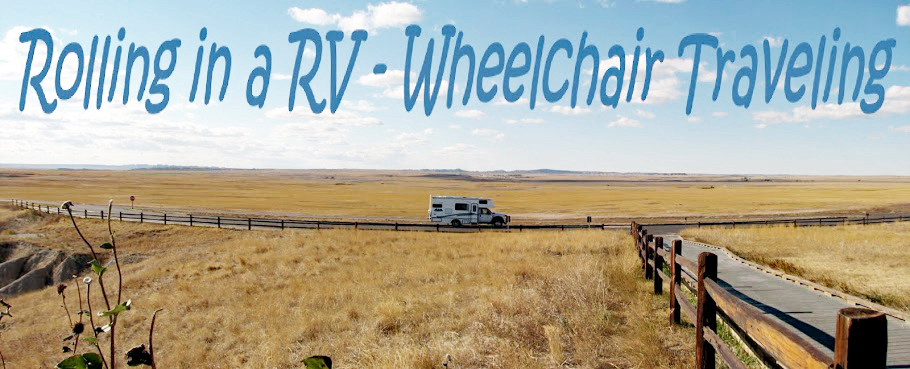
The first Jewish community in the US was founded in 1645 when twenty-three emigrants from Recife, Brazil landed in New Amsterdam (now NYC). Jews had been living in Recife for almost 150 years, secretly practicing their religion while the city was under Portuguese control, and more openly under Dutch rule. The Portuguese gained back control of Brazil 1654 and 16 ships of Jewish and Dutch colonists fled to Holland and the Dutch, French, and English colonies in the Caribbean. One ship was captured by Spanish pirates but rescued by a French privateer who agree to take the Jews to New Amsterdam for a payment of 2,500 guilders ($1,400 in current US dollars).

Jewish immigration to the US was slow with only 1,000–2,000 Jewish residents in 1790. Most settled in cities and dealt in trade or manufacturing, and operated dry goods but the population was so small and scattered that few synagogues were built before the mid 1800s. Anti-Jewish uprising in Russia and central Europe in the late 1800s and early 1900s brought a rush of Jewish immigrants along with immigrants fleeing from poverty in Ireland and eastern Europe. The foreign languages and customs of so many new immigrants unsettled the US citizens to such an extent that strict quotas were enacted - with horrible consequences for all of the Jews who sought to escape from Nazi persecution in the 1930s and 40s.



The museum follows the timeline of Jewish settlement in the US from 1645 up to the present. Each of the three floors covers a distinct period of history with exhibits, audio/video displays, and artifacts.


The museum is accessible but the entry doors are heavy and do not have push buttons.The security guard was quick to offer help.
We parked along Dock Street which is about 1/2 - 3/4 of a mile from the historic district where all of the museums and landmarks are located. Dock Street is much wider than most of the other streets and we could always find an open parking space. The spaces are not marked so a ticket from the kiosk – payable by cash, credit card or phone app - is good for any size vehicle. Parking is limited to 3 hours however we were informed by a friendly local man that a disabled placard would get us an extra hour for free. This was confirmed later by a parking officer. Almost all of the sidewalks and curb cuts are in good condition and the terrain is fairly level. Museum 39.9504, -75.14851


No comments:
Post a Comment